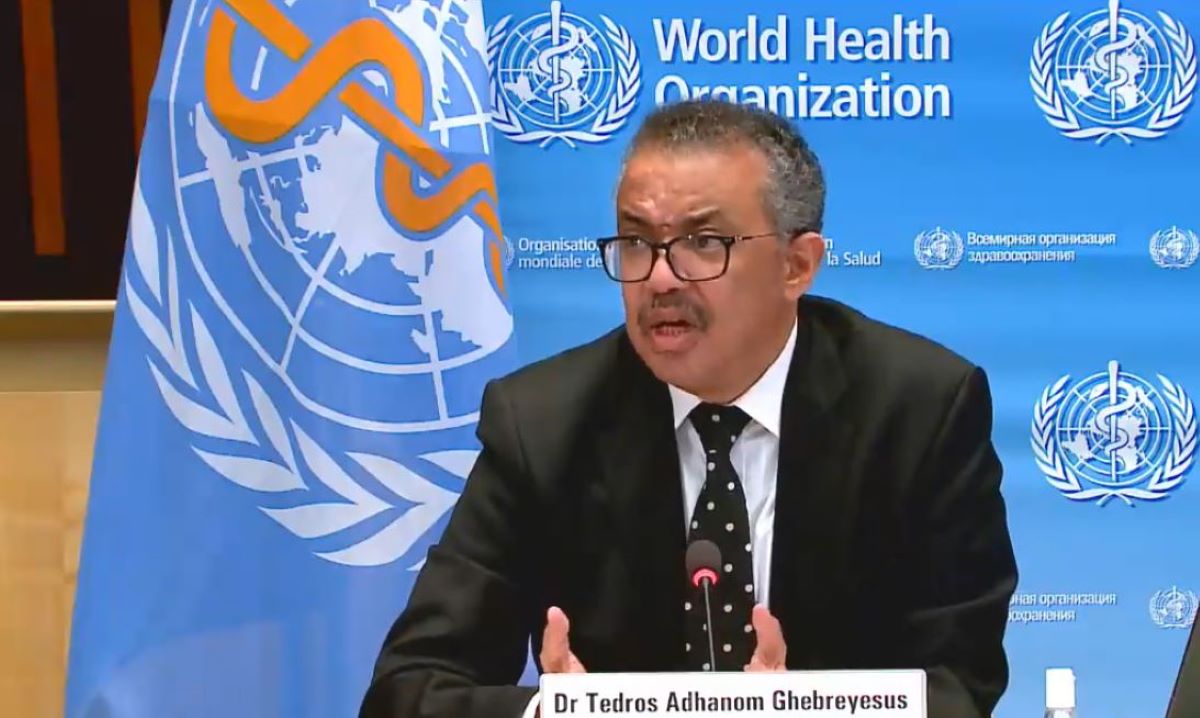The CBN and NCC settle USSD disagreements between mobile network operators, (MNO) and deposit money banks (DMB).
The Central Bank of Nigeria and the Nigerian Communications Commission, NCC have jointly agreed that USSD services for each financial transactions conducted at DMBs will be charged at a flat rate of N6.98.
- CBN Naira 4 Dollar scheme for diaspora remittance – what is it?
- Installing and using NQR as a payment solution for business in Nigeria
The CBN released a statement to announce the new idea siting the protracted arguments between DMOs and MNOs on USSD pricing model for financial transactions.
According to the CBN statement, DMBs and MNOs are in dispute over accumulated outstanding fees for USSD services rendered. MNOs have potentially withdrawn their services to DMBs due to the conflicts.
This disrupts how DMOs deliver financial service especially to the underserved and financially excluded, the CBN explains.
- CBN stimulus package for households and MSMEs reopens for application at NIRSAL, MFB
- Nigeria: OMO offerings to non-residents soon phasing out – CBN
The resolution between CBN, DMBs, licenced institutions and NCC
Effective from March 16, 2021, USSD services for financial transactions conducted at DMBs and all – licenced institutions will be charged at a fkat rate of N6.98 oer transaction.
This replaces the current per session billing structure ensuring a much cheaper average ost for customers to enhance financial incision.
This approach is a transparent ad will ensure that the amount remains the same, regardless of the number of session per transaction.
To promote transparency in its administration, the new USSD charges will be collected on behalf of MNOs directly from customers bank accounts.
Banks will not impose additional charges on customers to use the USSD channel.
The CBN statement concludes saying that “the general public is reminded that the USSD channel is optional.”
There are alternative channels such as mobile apps, internet banking and ATMs may be used for financial transactions.




